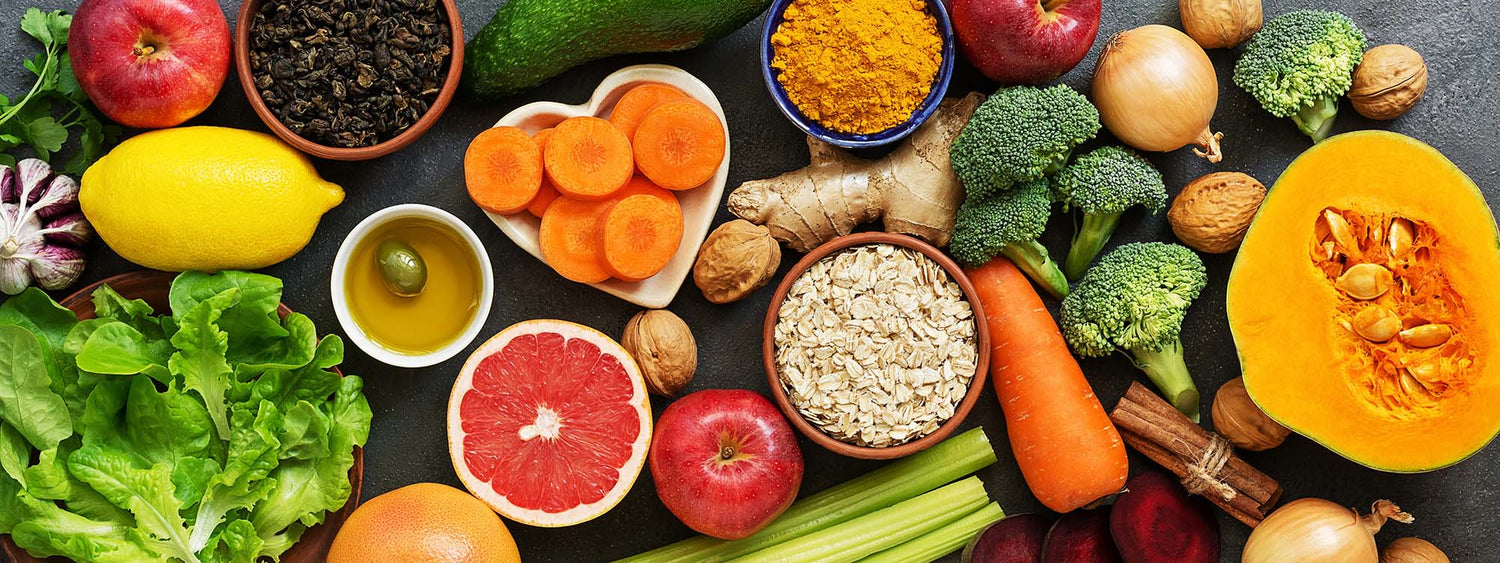By Gastroenterology Dietitian, Dr Sammie Gill.
Based on research to date, we now know that the gut microbiome is a hub of activity that can influence the health of other organs of the body (including the brain and skin) through the thousands of molecules it produces daily (including vitamins, hormones, and short-chain fatty acids). Our gut microbiome also breaks down food components the body can’t (like dietary fibre). Not only that but our microbes educate our immune system (of which 70% sits along the gut) to react appropriately and keep things in check.
What kind of things should we feed our gut microbes to keep them happy?
Lots of plant-based foods! Think wholegrains, nuts, seeds, fruit (including fresh, frozen, dried, and canned) and veggies, legumes and pulses, herbs, and spices. Focusing on these foods will ensure plenty of fibre and naturally occurring prebiotics, as well as vitamins, minerals, and phytochemicals. If you enjoy fermented foods, have them too!
Looking after your health and wellbeing means looking after your gut. In other words, keeping your gut happy with the things it needs is important for futureproofing your overall health and wellbeing. How we treat our gut microbes will determine how they behave. Nurture it well with the right things and it will reward you. If you don’t, our microbes can start to suffer which can have implications for overall health later down the line. In a nutshell, if they are well fed and happy, they produce molecules that are beneficial to us. If they’re not, they may start to produce molecules that are not so favourable to us.
Remember, our gut health is mouldable, and it’ll change depending on what you expose it to. Many things play a role in the health of your gut and gut microbes. In fact, how you’re born, whether you have a pet, how much time you spend outdoors, what you eat, how much exercise you do, how much sleep you get, what medications you take and how stressed you are, all impact gut health.


